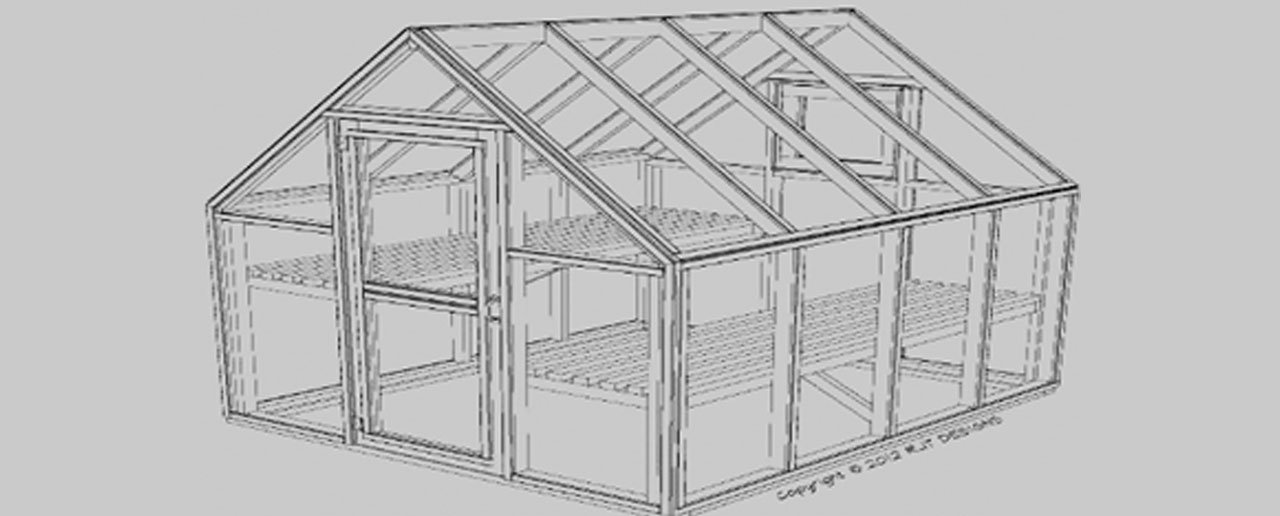
Objective
The primary objective of a poly house is to create a controlled environment for crop cultivation, enhancing growth conditions and protecting plants from adverse weather, pests, and diseases. By regulating temperature, humidity, and light, poly houses enable year-round production and higher yields of vegetables, fruits, and flowers. This controlled environment fosters faster growth, better quality produce, and more efficient use of resources like water and fertilizers. Additionally, poly houses extend the growing season and allow for the cultivation of high-value crops, contributing to increased agricultural profitability and sustainability
Outcome
- There are no chances of insect and pest within the polyhouse.
- Plants are grown under controlled conditions thus there is less chance of crop loss or damage.
- There is no impact of external climate on the growth of crops.
- Quality and quantity of production are obviously higher.
- Harvesting season is less in polyhouse.
- Can use fertigation practices in polyhouses (combined irrigation and soil nutrients).
- It can be made on the terrace (terrace farming).
- Farmers can grow crops throughout the year and will not have to wait for any particular season.
For example:
Vegetables: (would grow in any season)
- Cabbage
- Bitter guard
- Capsicum
- Pea
Fruits: (would grow in any season)
- Straw berry
- Papaya
- Grapes
- Cherry
Strategies
Crop Selection and Rotation
- Choose high-value and high-demand crops suitable for poly house cultivation, such as tomatoes, cucumbers, peppers, and leafy greens.
- Implement crop rotation to maintain soil fertility and reduce the risk of pest and disease buildup.
Efficient Irrigation System
- Install a drip irrigation system to provide precise water delivery, minimizing water usage and preventing waterlogging.
- Use automated timers and moisture sensors to optimize irrigation schedules and ensure consistent soil moisture levels.
Temperature control sensor
A temperature control sensor in a poly house monitors and regulates the internal climate, ensuring optimal conditions for crop growth. It automatically activates cooling or heating systems based on pre-set temperature thresholds, maintaining consistent temperatures to enhance plant health and productivity while reducing the risk of heat stress or cold damage.
Team Members
- Manoj Kumar
- Sandeep Kumar
- Animesh Raj
- Sudarshan Anand
- Gulshan Kumar
- Krishna Kumar Singh
- Abhijeet Pal
- Roshan Jeena
- Saurav Singh
Mentors
Mentor: Dr. Deep Gupta










